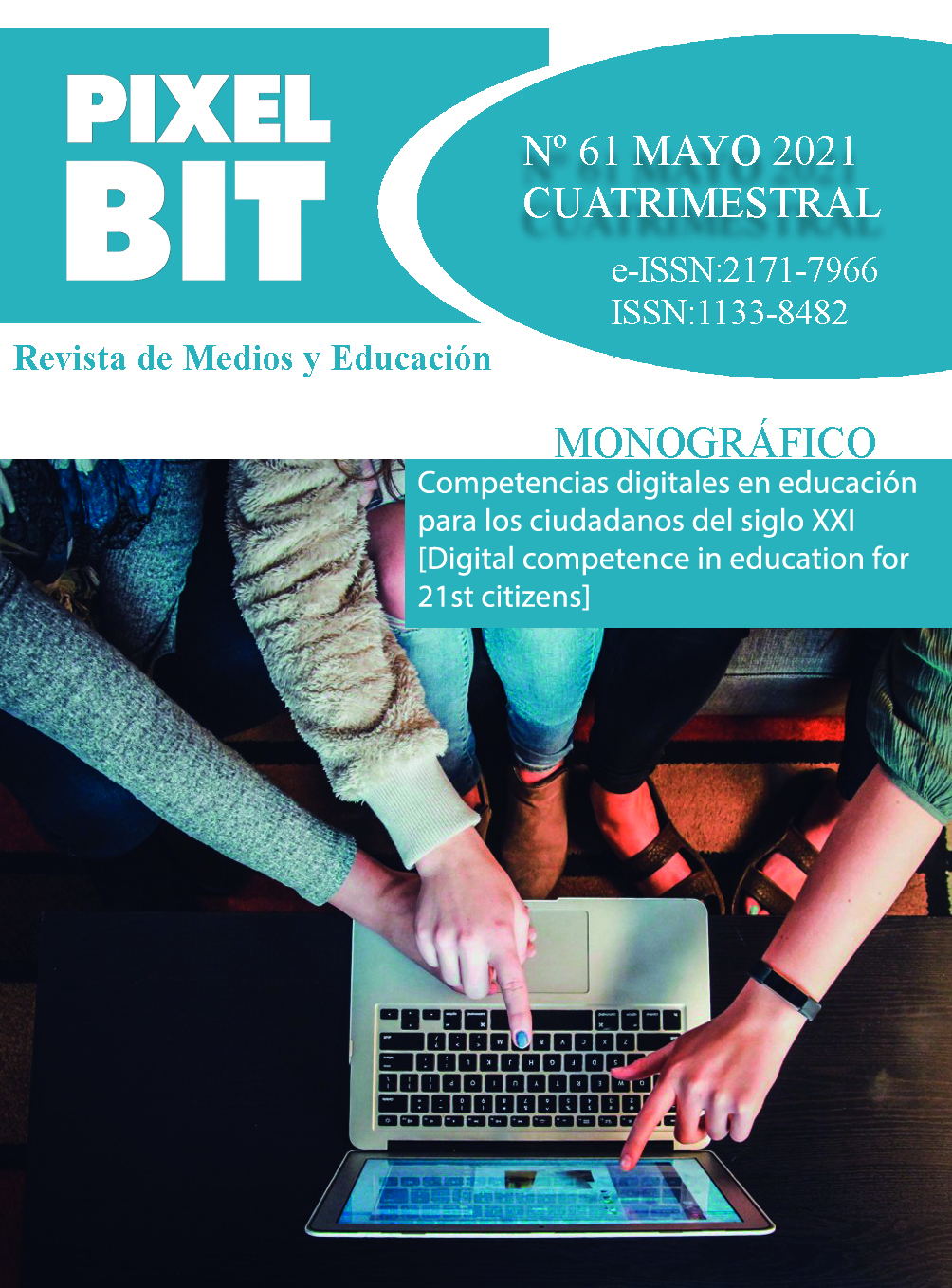Resumen
This paper reports on the impact on student teachers’ professional skills, knowledge and attitudes of engaging in the eTwinning international Hands of the World (HOTW) project which connects over 2000 students and their teachers in 50 schools across the world to undertake a wide range of educational collaborative work, supported by digital and online technologies. The University of Dundee’s HOTW project won the eTwinning prize for the best project two years running and is the only university to have won this annual prize. Student teachers are working in a world where digital technology is firmly embedded and undergoing rapid expansion and change. This study examined the experiences of student teachers as they engaged in a global project to develop their knowledge and understanding of intercultural learning using ICT. An explanatory sequential mixed method design analyzed data publicly available on YouTube™ and Padlet™. Two main data sets were used: responses to professional development webinars and reflections on participating in the project. Data were analyzed thematically focusing on ICT competence, pedagogy and relevance. Participation in the project enhanced the students' ICT competence and confidence to use and explore technology for current and future teaching practice through contextualization and social learning. Our analysis enabled us to identify that the Covid-19 lockdown had a positive impact on the students' learning due to time, space, and relevance. This paper demonstrates that engagement in a contextualized project enabled student teachers to develop their ICT competences and that for many, lockdown provided a conducive learning environment.

Esta obra está bajo una licencia internacional Creative Commons Atribución-NoComercial-SinDerivadas 4.0.
Derechos de autor 2021 Píxel-Bit. Revista de Medios y Educación

